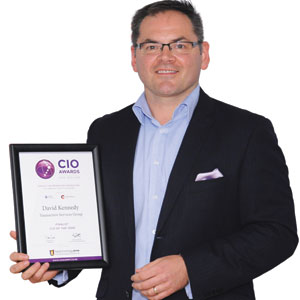THANK YOU FOR SUBSCRIBING
Editor's Pick (1 - 4 of 8)

Kylie Frazer, Co-Founder and Partner, Eleanor Venture
Startups need to be able to demonstrate clear community benefits that their product will save the council money, and that risk of failure is minimal
Weekly Brief
I agree We use cookies on this website to enhance your user experience. By clicking any link on this page you are giving your consent for us to set cookies. More info
Read Also














